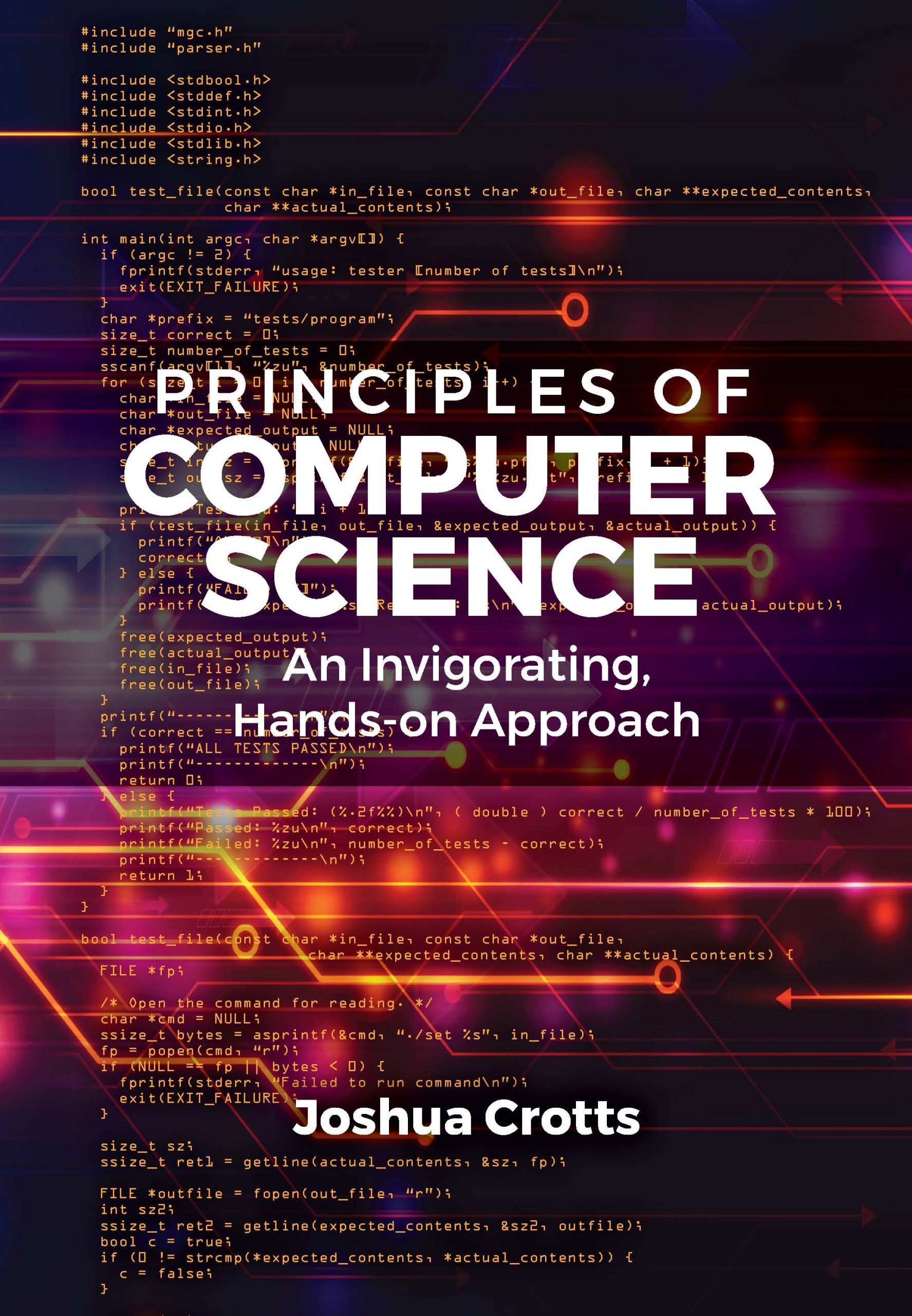Principles of Computer Science
$59.95
An Invigorating, Hands-on Approach
Joshua Crotts
Softcover, 7×10, 754 pages
ISBN: 978-1-60427-199-7
e-ISBN: 978-1-60427-852-1
October 2023
Description
Principles of Computer Science is an invigorating and rapid adventure that covers core introductory theoretical computer science topics, including discrete mathematics, logic, programming languages, and programming language pragmatics. Readers dive deep into the syntax and semantics of constructing a small yet usable programming language (interpreter) containing paradigms from functional and non-functional programming. Additionally, users will gain an understanding of compilation by writing functions that translate code written in their high-level language down to low-level machine language. Moreover, Crotts provides a perspective on event-driven programming, memory management via garbage collection, and much more. Principles of Computer Science assumes no prior programming experience—all topics are taught from scratch, making this a highly approachable and inclusive textbook.
Key Features
- Geared towards students who are new to computer science or want to see what the field has to offer
- Written in an accessible, easy-to-use format that marries the mundane behind certain concepts with practicability not found in other texts on the topic
- Walks readers through a large and complex (but invigorating) project with several embedded sub-projects
- Complements the theory of computer science with real-world applications, including sections on discrete math, data structures, and algorithms
- Addresses key programming language and computer science constructs by design and implementation
- WAV offers instructional material for classroom use (lecture slides, exercise solutions, etc.)—available from the Web Added Value™ Download Resource Center at www.jrosspub.com
About the author(s)
Joshua Crotts is a computer science Ph.D. student at Indiana University with a strong interest in computer science pedagogy, as well as programming languages and compilers. He has spoken and published papers at conferences (e.g., SIGCSE, CMNA, ICEEL) about formal logic education, automatic detection of rhetorical devices (e.g., antithesis), and inductive logic programming as a means of argument mining in science-policy articles. His current research work aims to improve the transition of CS1 (first-semester) students to the CS2 (second-semester) domain. He graduated from the University of North Carolina at Greensboro with both a bachelor’s and master’s degree in computer science.
Table of Contents
Preface
Chapter 1: A Computing Mindset
Chapter 2: A Logic Primer
Chapter 3: Data Structures
Chapter 4: Formal Languages
Chapter 5: Programming and Design
Chapter 6: Interpretation
Chapter 7: Functional Programming
Chapter 8: Imperative Programming
Chapter 9: Compilation
Chapter 10: Memory Management
Chapter 11: Event-Driven Programming
Appendix A: Environment and Code Setup
Appendix B: Graphics Library Source Code
Appendix C: Assembly Environment Setup
Bibliography
Index
You may also like…
-
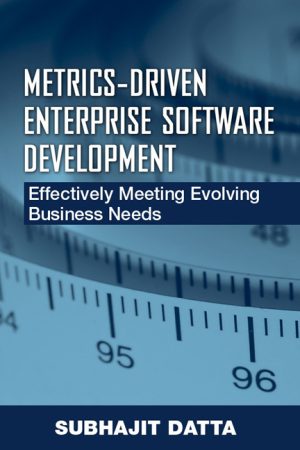
Metrics-Driven Enterprise Software Development
Retail Price: $69.95$59.95 Add to cart -
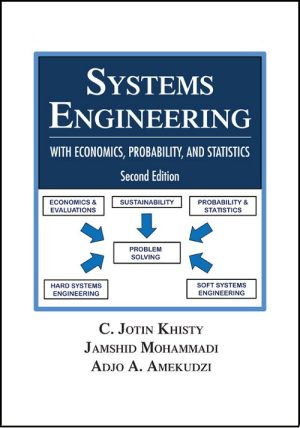
Systems Engineering with Economics, Probability and Statistics
Retail Price: $99.95$89.95 Add to cart -
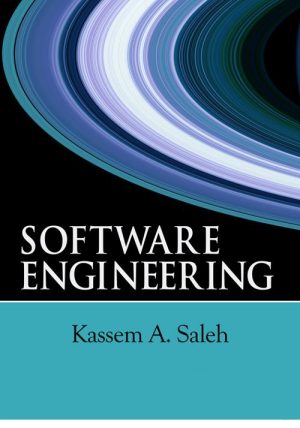
Software Engineering
Retail Price: $99.95$89.95 Add to cart -
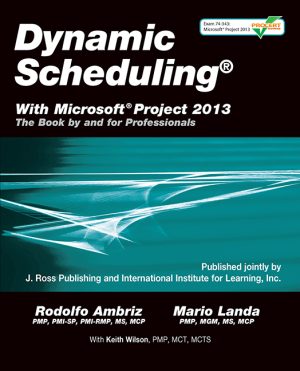
Dynamic Scheduling® With Microsoft® Project 2013
Retail Price: $69.95$59.95 Add to cart
Related products
-
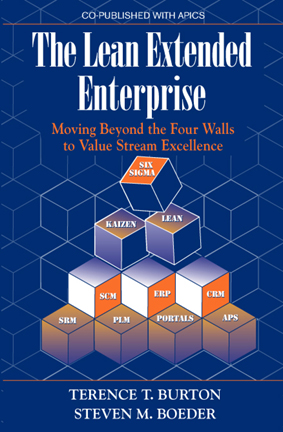
The Lean Extended Enterprise
Retail Price: $59.95$49.95 Add to cart -
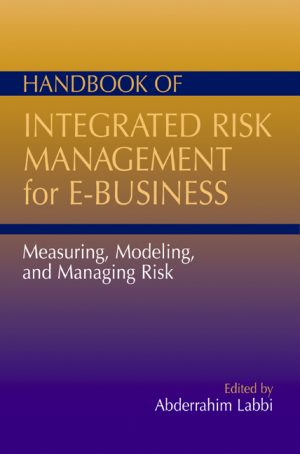
Handbook of Integrated Risk Management for E-Business
Retail Price: $89.95$69.95 Add to cart -
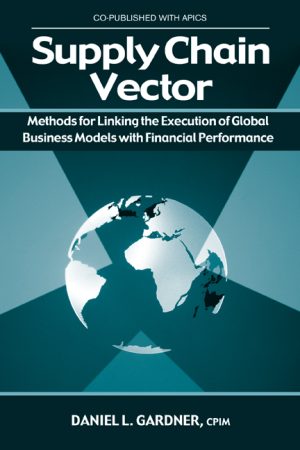
Supply Chain Vector
Retail Price: $59.95$44.95 Add to cart -
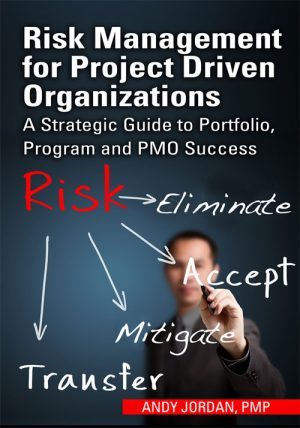
Risk Management for Project Driven Organizations
Retail Price: $54.95$44.95 Add to cart -
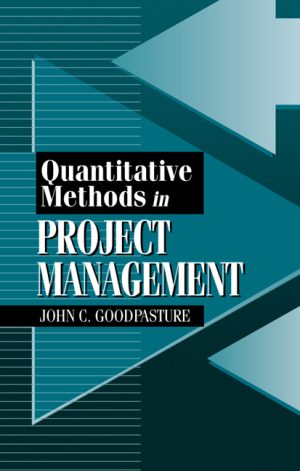
Quantitative Methods in Project Management
Retail Price: $64.95$59.95 Add to cart

